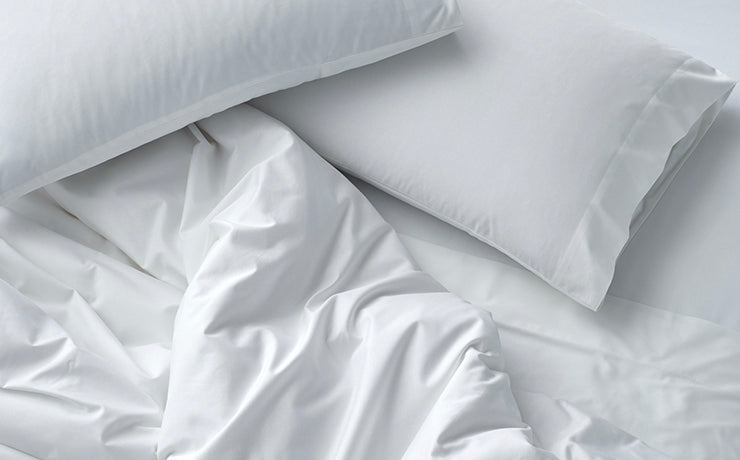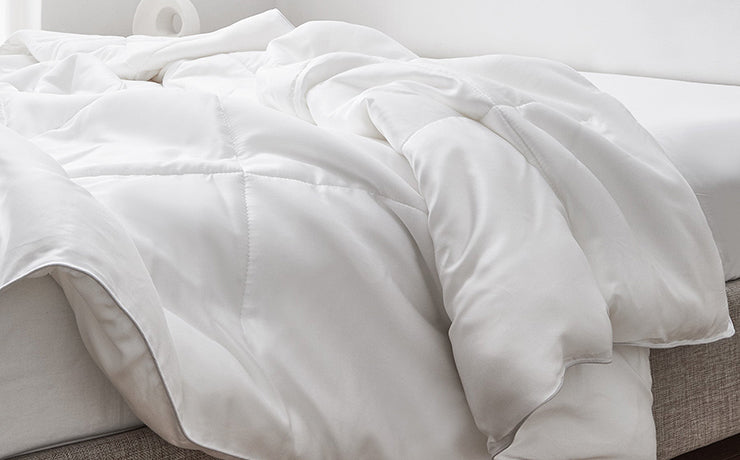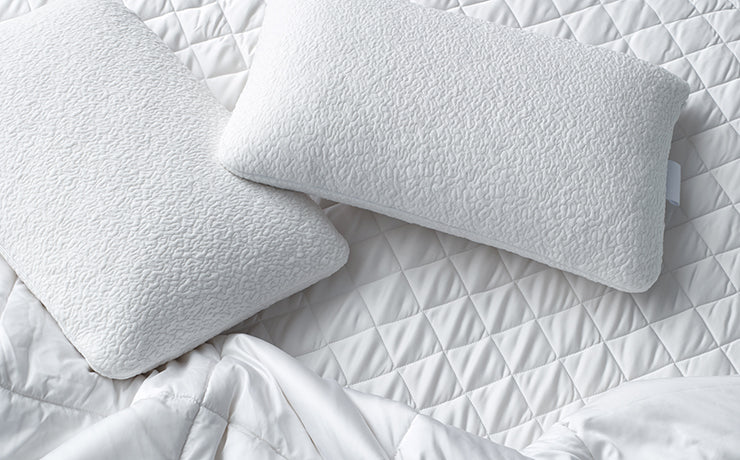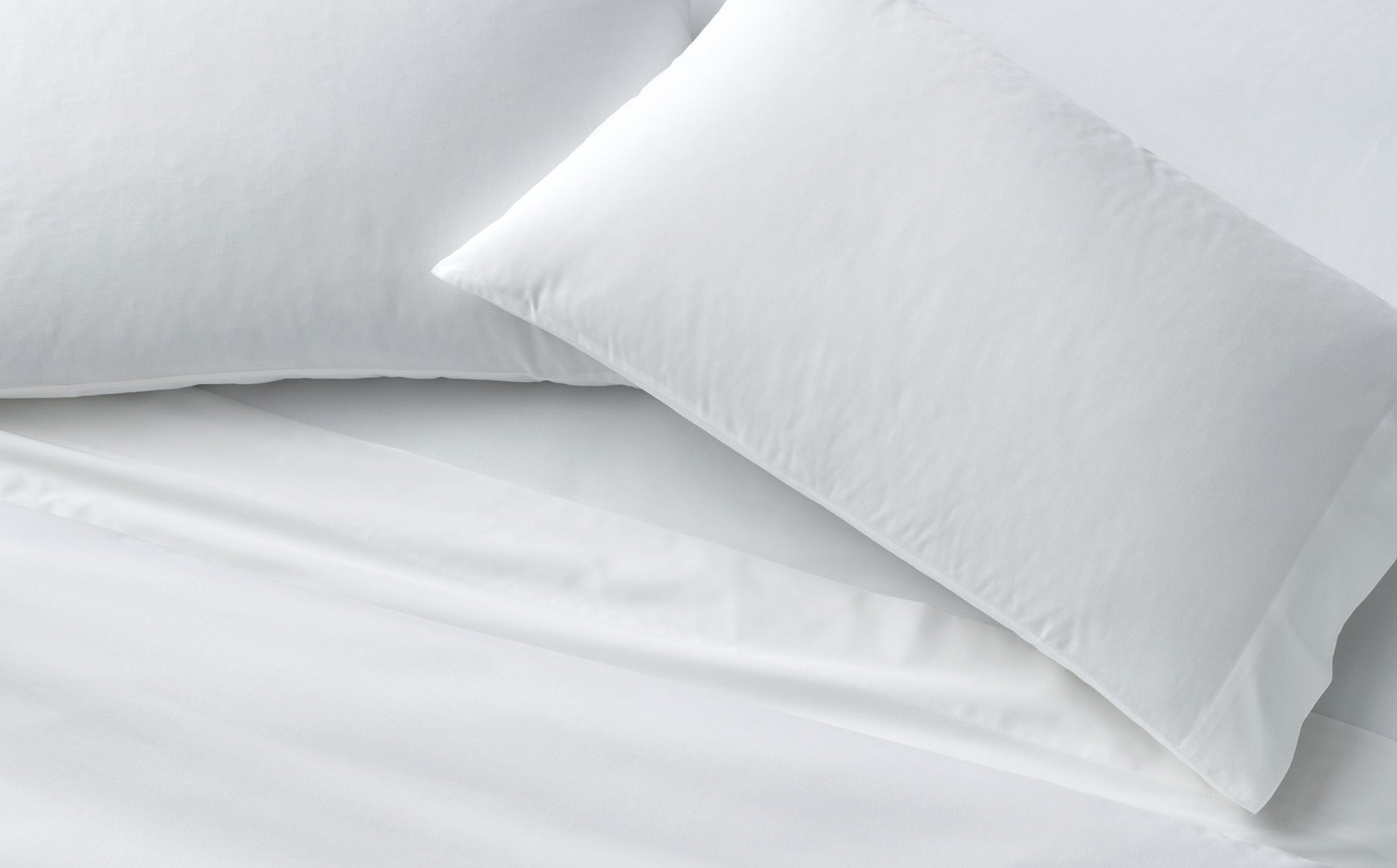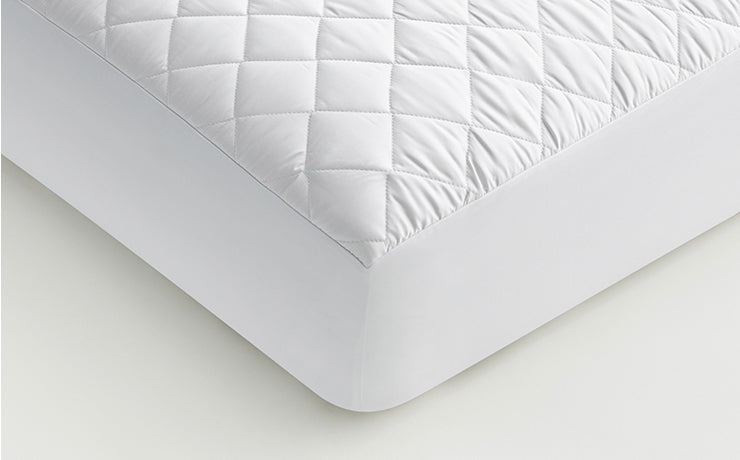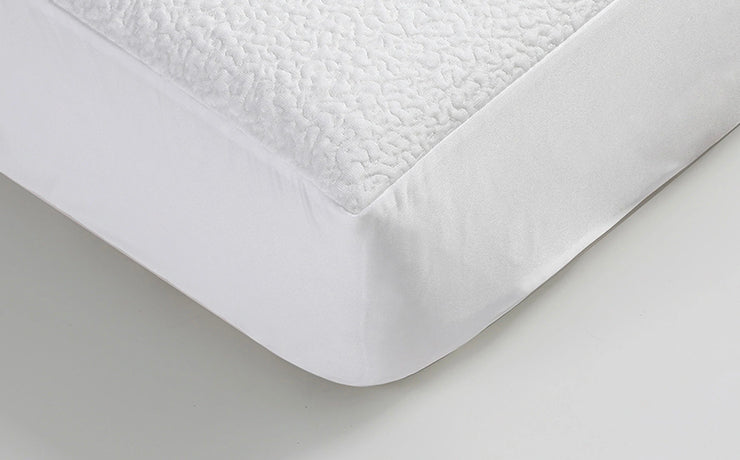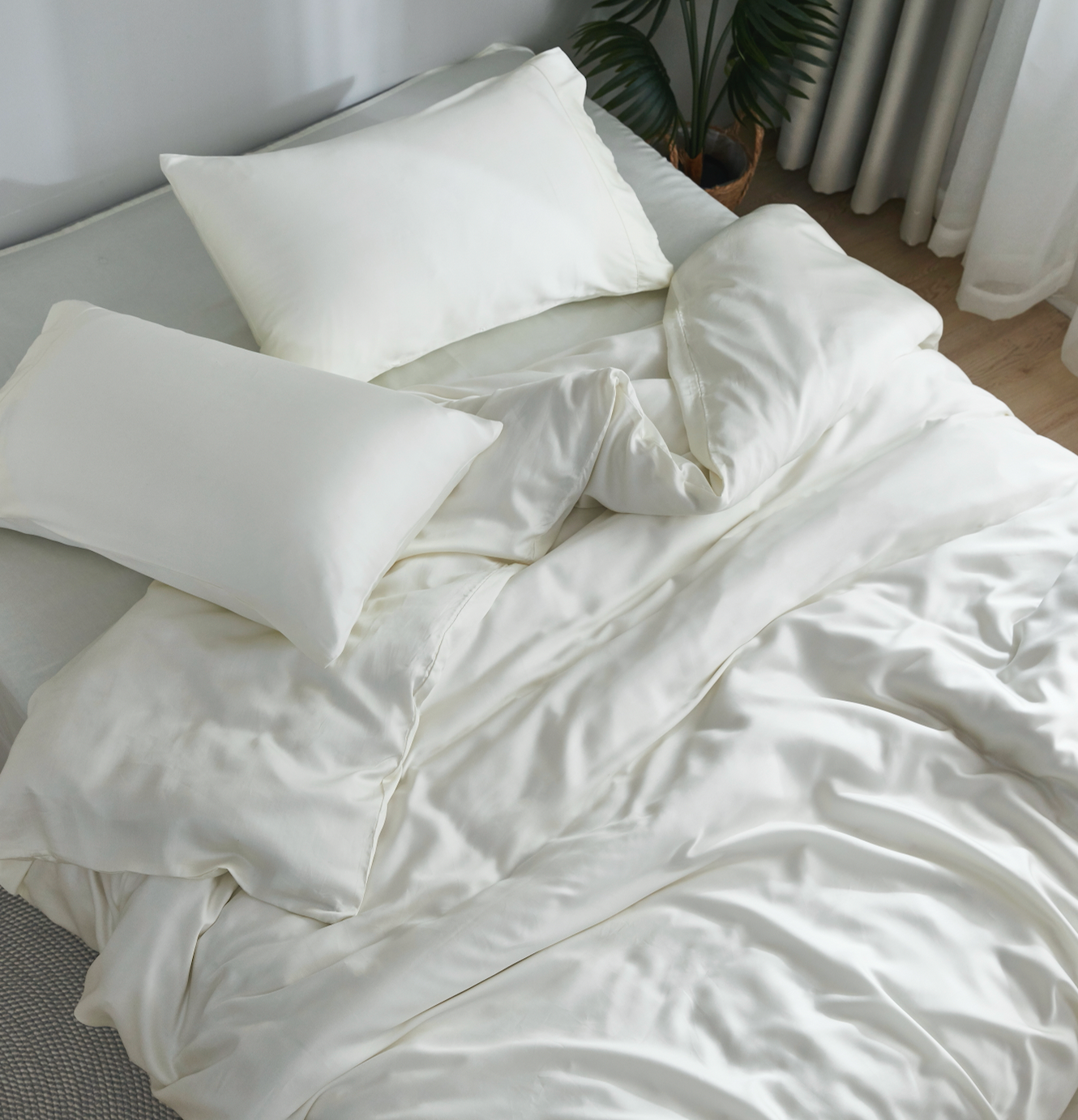
How to Use Meditation for Better Sleep
An age-old practice that has taken on a new level of popularity, meditation is a useful tool for many areas of life, but can be especially helpful when it comes to preparing for sleep and enjoying better nights of rest (paired with your favorite SIJO bedding, of course).
When it comes to meditating, there are various purposes. Meditation for sleep is one specific use, and this practice is meant to guide you into better sleep through reducing worries and stresses.
You might be thinking, “well, does meditation help with sleep, really, or is it just a stress reducer?” Reducing your stress, no matter what, will improve sleep. But sleep meditation is a useful practice. Today, we’re here to help you by teaching you how to meditate for sleep, and by sharing some of the things that keep people awake night after night. This may help you become aware of any anxiety or stress triggers.
What are some things that keep people up at night?

- Anxious thoughts. We’ve all had these at one time or another. Thoughts that we just cannot shake or let go of, that keep coming back every time we attempt to close our eyes. Frustrating!
- Stress. Stress impacts sleep to an incredible degree, and to learn more about that, you can visit our stress-related sleep posts here.
- Low levels of physical activity. Some days, you’re just not going to want to exercise, and that’s fair. But getting a little movement in most days, even stretching, helps you sleep. You’ve heard the Newton law of motion, including, “a body at rest stays at rest.” And that’s true. Not engaging in physical activity leaves the body in a sedentary state, which doesn’t allow you to get tired enough for restful sleep.
- Inconsistency in bedtime routine. This is a major issue. When it comes to sleep, consistency is crucial. Inconsistent sleep and wakeup times might mean you’ve rested too much one day, or are compensating for lack of rest and sleep another day. This makes it difficult for the body to catch up and regulate. Sometimes, including comfy, luxurious bedding helps incentivize this, and we think our AiryWeight bedding is the perfect option to help.
- Caffeine. Caffeine can also mess with our sleep. Some people aren’t as sensitive to it (I feel lucky in that respect! I love coffee and caffeinated drinks), but it’s important to be aware of consuming caffeine (or most foods, for that matter) close to your bedtime.
- Blue light. We are on computers, phones, and screens all day, and spending too much time on these devices before bed can cause issues with sleep. If you’re using your phone as a tool for meditation (more on that below with audio meditation aids), be sure to add a blue light filter or dim the brightness.
So, outside of focusing on the above poor-sleep triggers, how does meditation before bed help sleep?
First, it reduces the emotional impacts of the above, such as anxiety and stress. It also helps put your mind in a place to properly prepare for rest. We’ll now outline some of the techniques to meditate for better sleep.
How to meditate for better sleep:
- Try a video/voice guided meditation through an app or YouTube video. These meditations talk you through the steps, making them the simplest option around. My favorite sleep meditations can be found on this channel. There are options for stress, body issues, falling asleep quickly, and more. There is a meditation for every one of my sleep issues, and I’ve come to love this as a free alternative to the popular apps.
- Guide your body into sleep with breathwork. In discussing sleep issues with colleagues, at events our team has been invited to, and with healthcare professionals, something that has come up often is the importance of breathing, and how this can lead to better sleep. This technique requires lying down -- this can be done in bed -- and taking a few deep breaths. Then, relaxing/releasing tension in parts of your body starting at the feet, and working your way up, breathing steadily along the way.
- Breathwork exercises using light. If relying on your own breathing techniques or patterns isn’t helpful, there are plenty of tools out there to help guide your breathing. One I love is a breathing light. These can be purchased on their own, or may be a part of a lamp or essential oil diffuser. You simply breathe in as the light brightens, and breathe out as it dims, focusing only on the light and your breath, pushing away any intrusive thoughts. After a few minutes, this repetition tends to lull you into sleep.
- Repeating mantras or affirmations. Repetition is a helpful tool for sleep, and often, meditation can tie in mantras and affirmations. When laying down, focus on both your breathing and on the words you are repeating. “I am ready for a restful night of sleep, “my body and mind are calm,” “I feel comforted, supported and ready for sleep,” are a few options you can try.
What else can I do to sleep better?

Creating a sleep environment that helps you feel calm and happy can work alongside these practices to improve your sleep. Whether that means incorporating fragrance, drinking a glass of warm tea, upgrading your SIJO bedding, or wearing something luxuriously soft, like our Lounge Collection to sleep, when your sleep environment is filled with things that make you feel happy, comfortable and supported, your sleep, and desire to sleep, will improve.
Meditation is a great tool for sleep, de-stressing, and relaxing the body. If you’re having trouble with sleep, we encourage you to try these meditation techniques. Let us know on social media or in an email what you think and which techniques work for you!
Related links:
- Cooling Eucalyptus Bedding
- French Linen Bedding
- Luxury Comforters
- Duvet Covers
- Bed Pillows
- Mattress Pads & Protectors
- Loungewear


